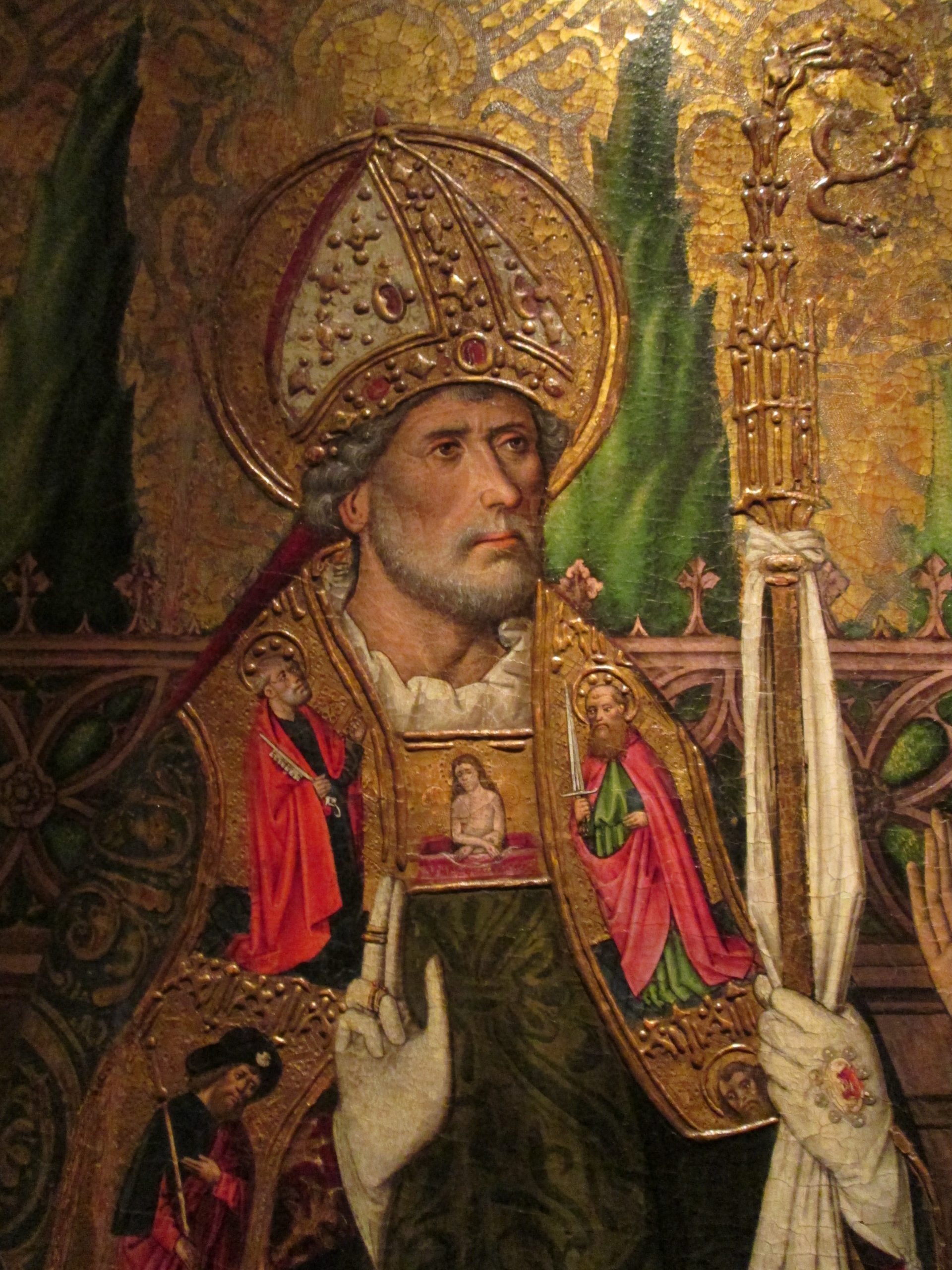1 Praise the Lord.
Praise God in his sanctuary;
praise him in his mighty heavens.
2 Praise him for his acts of power;
praise him for his surpassing greatness.
3 Praise him with the sounding of the trumpet,
praise him with the harp and lyre,
4 praise him with timbrel and dancing,
praise him with the strings and pipe,
5 praise him with the clash of cymbals,
praise him with resounding cymbals.
6 Let everything that has breath praise the Lord.
Praise the Lord.
For the last six months I have been reading my way through Book of Psalms, Today I came to Psalm 150 the last of them.
In trying to understand the Psalms more fully I have read Tom Wright’s book “Finding God in the Psalms” which I would recommend to anyone starting a similar study.
Each day I have read a psalm twice, together with the psalms which precede and follow it and then meditated for a while on anything that jumps out at me. Today after six months reading, I was greatly struck by the very last line of this the very last psalm
“Let everything that has breath praise the Lord.”
I have chanted this psalm many times, and used it as the opening words of services but I have never, until yesterday, given that last verse much importance, it just seemed to be the kind of things that the psalmist used to end their psalms.
However today, having listened to graphic descriptions of what might be happening to the Prime Minister at St. Thomas Hospital the absolutely vital importance to breath and breathing to life was made abundantly clear. It seems that if the level of saturated oxygen in one’s blood drops by only 5% below its normal level breathing become difficult and painful and that below that level supplementary oxygen is needed and if it drops any further a ventilator is needed to maintain life.
Initially I was moved to pray for:
All who are currently being kept alive by ventilators.
Those who manufacture and maintain ventilators.
Nurses, Doctors and Technicians who use ventilators to support patients.
All who suffer from respiratory illness.
Those who will today draw their final breath.
After a pause I moved on to consider the importance of breath in the scriptures:
The breath of God is often used as a way of visualising the way God’s Spirit can enter us, as in the hymn ‘Breathe on me breath of God’.
We talk of the scriptures as being ‘inspired’ but the literal meaning of inspire is to breathe in i.e. the opposite of expire. We can therefore think of the writers of the scriptures as having breathed in God
When Jesus meets with the disciples in the locked room after the resurrection, St John records “Jesus said again, Peace be with you!as the Father sent me, so I send you.” Then he breathed on them saying “Receive the Holy Spirit.” (John 20:21-22 NIV.)
